Shveta Raina: developing an effective workforce for India with Talerang
Shveta Raina is an entrepreneur with a difference. An alumnus of Harvard Business School, she returned home to India to set up a new venture –Talerang– to develop skills in India’s workforce.
When she left Mumbai at 17 to pursue her undergraduate studies at Brown University, nothing suggested this would be her route. Like most other ambitious people her age, she sought out numerous internships, and worked for a while at McKinsey and Co in New York. It was only later, post experiences at Teach For India and Hindustan Unilever that the concept of Talerang emerged.
We caught up with Raina to find out more.
HS: How did you conceive the idea of Talerang? What led to the startup?
SR: My undergraduate experience was primarily about figuring out what I wanted to do with my life. I spent a summer in France working with a communications firm. I spent my second summer in Mumbai working for a bank. I worked the next summer at Goldman Sachs in the US. After graduation, I joined McKinsey in New York. Even though at McKinsey the work I was doing was impactful, I realized over time that my true calling was social enterprise.
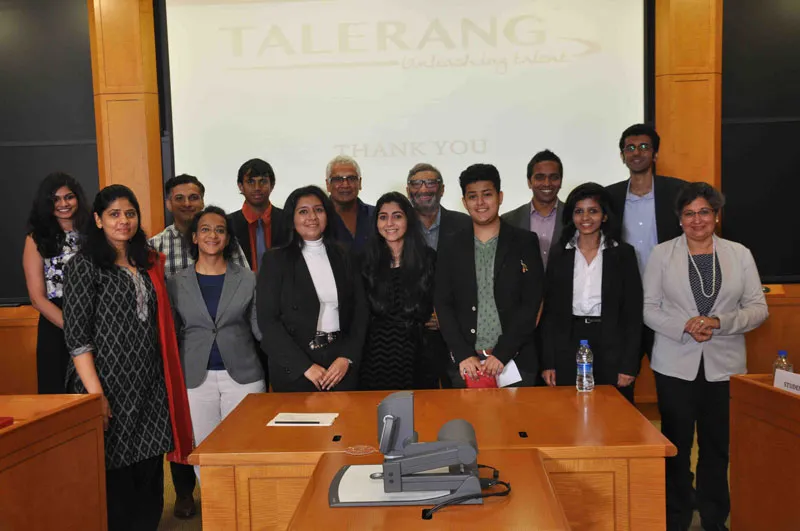
McKinsey was involved in Teach for India at that time, and I heard about Teach for India through the network. I ended up coming to India and meeting with the CEO; she brought me onto the early team at Teach for India. I was running their marketing and recruiting vertical. My work there involved travelling to over 100 college campuses across India trying to convince people to take up the TFI fellowship.
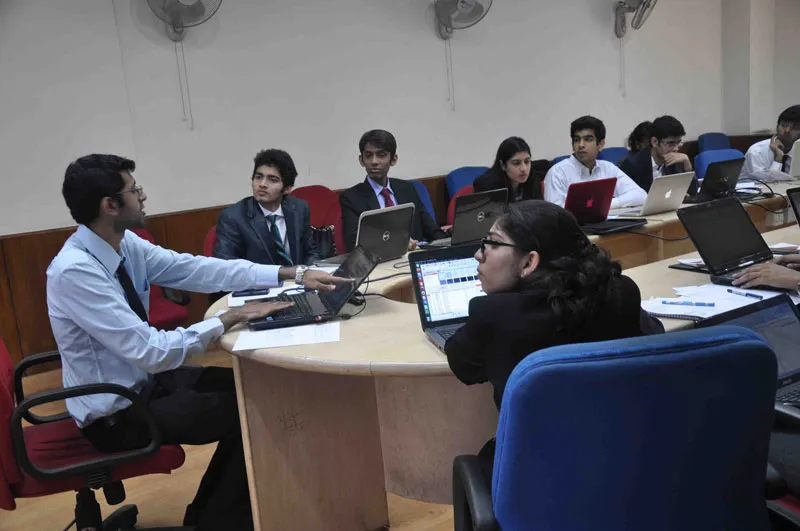
Now that I think back, the genesis of Talerang was during these travels. I met hundreds of young people across law, engineering and humanities streams. I realised that students in India are really confused about what they want to do with their lives. Just because you went to a good college doesn’t mean your life is sorted. While I was at HBS, I spent a summer at Hindustan Unilever. I interacted with a lot of people in the service teams during this time. These people were really smart, but their education hadn’t fully prepared them for their roles. I ran trainings to help people in the service centre adapt to various situations, so that they would not falter the moment something out of script came up.
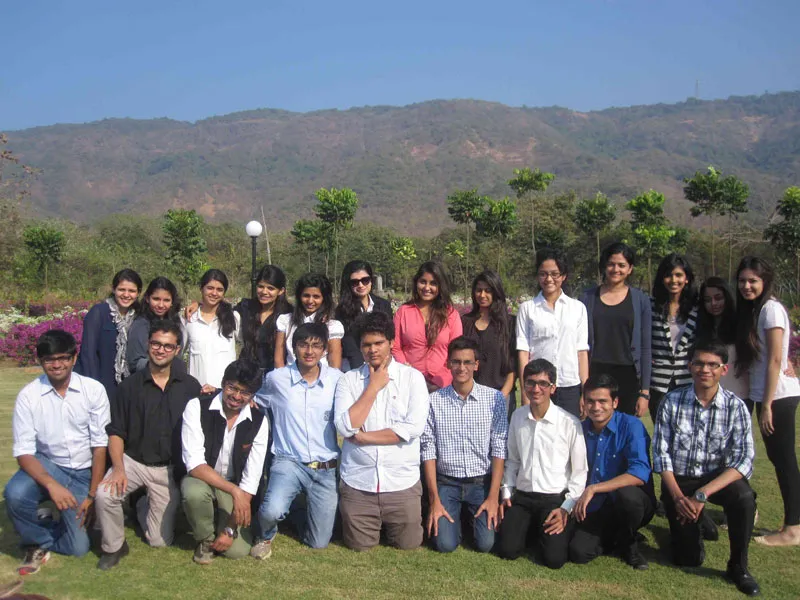
After the summer at Hindustan Unilever, I went back to HBS. I was lucky enough to find a professor who was willing to work with me to tackle the issue of work-effectiveness in India. We started with running some pilots at colleges in India to test it out. That is how we began Talerang, with the aim of developing an effective and skilled workforce in India through various immersion experiences.
HS: How has the journey been so far?
SR: I have been in a startup environment before, so I understood what it meant to be working at a startup. With Talerang, I wanted it to be a sustainable business with social impact from day one. Our aim is to run and scale up on our revenue while still making an impact; that satisfies me tremendously. We are need blind, which means we do not turn away candidates for lack of finances. It comes with its pressures but every minute is worth it!
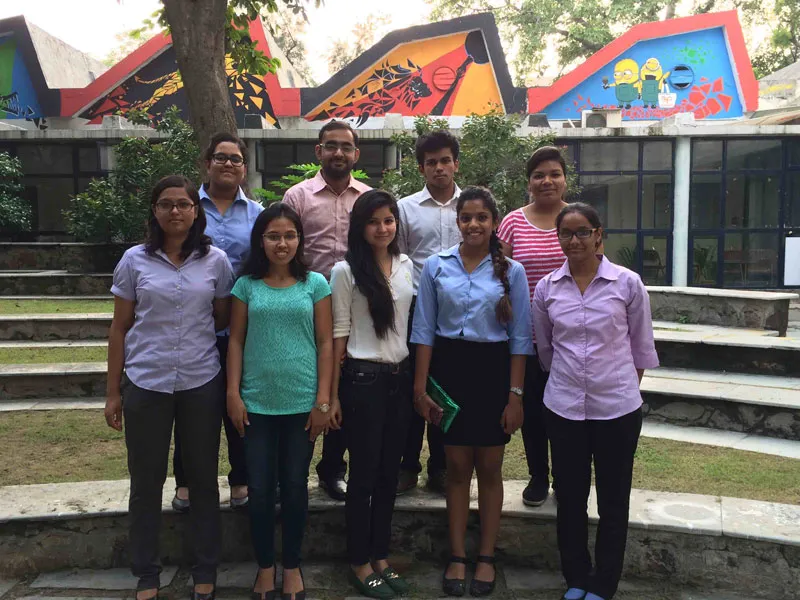
Our plan is to be national in the next three to five years. At present, we’re operational in Mumbai and Delhi. We plan to reach out to over 10,000 students and corporate employees through various models in the next three years. I am most fulfilled when one of our alumni gets a job because of our program because with financial independence and a meaningful job they can lead better and happier lives.
HS: Tell us more about Talerang training modules and how it helps people become ready for jobs?
SR: One of the main reasons CEOs mention why young people don’t succeed in organisations is they have no clarity on why they are there in the first place. They quit in six months, and then they quit again and again wherever they go. This scenario happens across corporates in India.
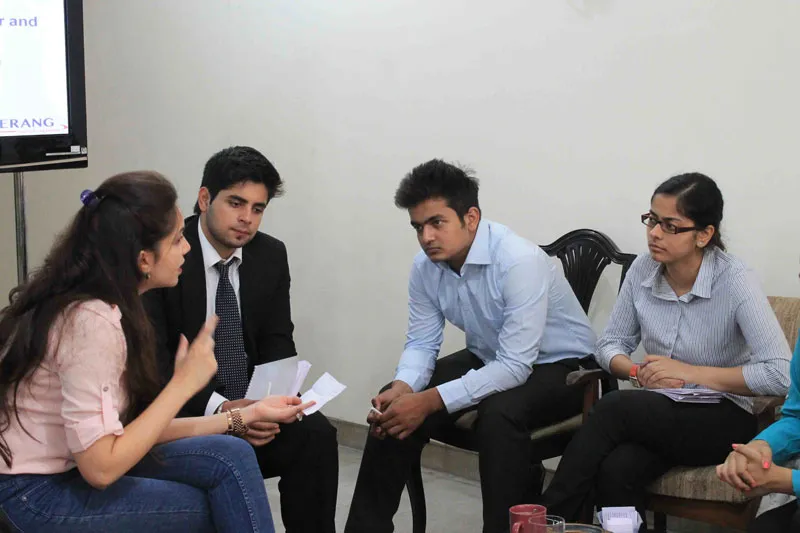
The first module is about personal awareness where we help students figure out what they want to do in the short-term. The next module is about their values and their vision, so the first two sessions are like group therapy, which is very new to India. We have seen people who break down, cry because they have not taken time in the past to reflect upon what they want to do and who they are. We have really smart people who come in and get themselves transformed. To me that is personally very meaningful.
The next set of modules is about - once you know who you are, how do you get to your goal? For example, we have perfect communication, which is both written and spoken. Then, we have the “working smart” module, which is about prioritization, problem solving, goal-setting. Then we have to teach them how to get a job, resume, interview skills, Excel and Powerpoint. We teach them how to build relationships with someone they meet at a networking event. These are all valuable skill sets for career progression.
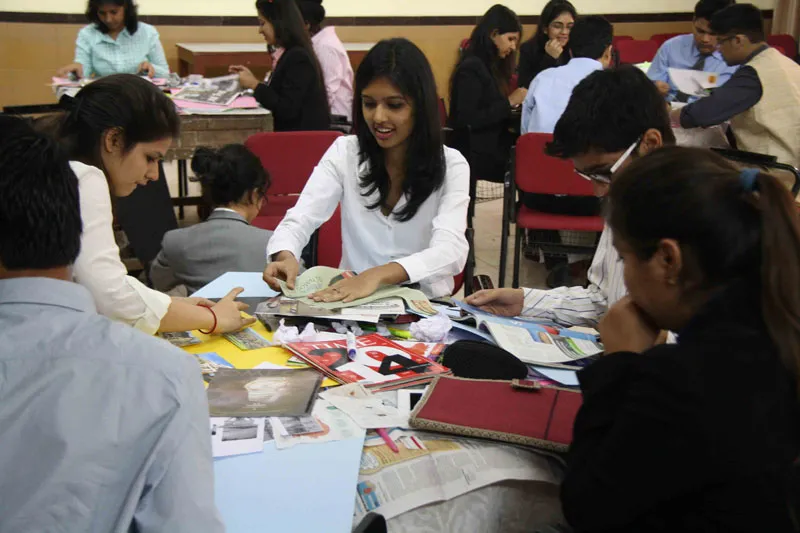
Post training, we place our students with organizations for internships so they can practice their skills on the job. Almost 50% of students at top undergraduate universities in India do not secure work internships in their college years, which makes their first job the first time they have ever worked. And these are all people from premium undergraduate colleges in India. This is the reality of India, we need to take students from academic prowess to high-performing professionals.







